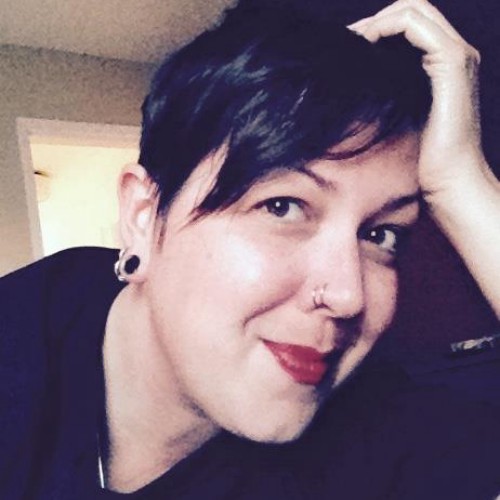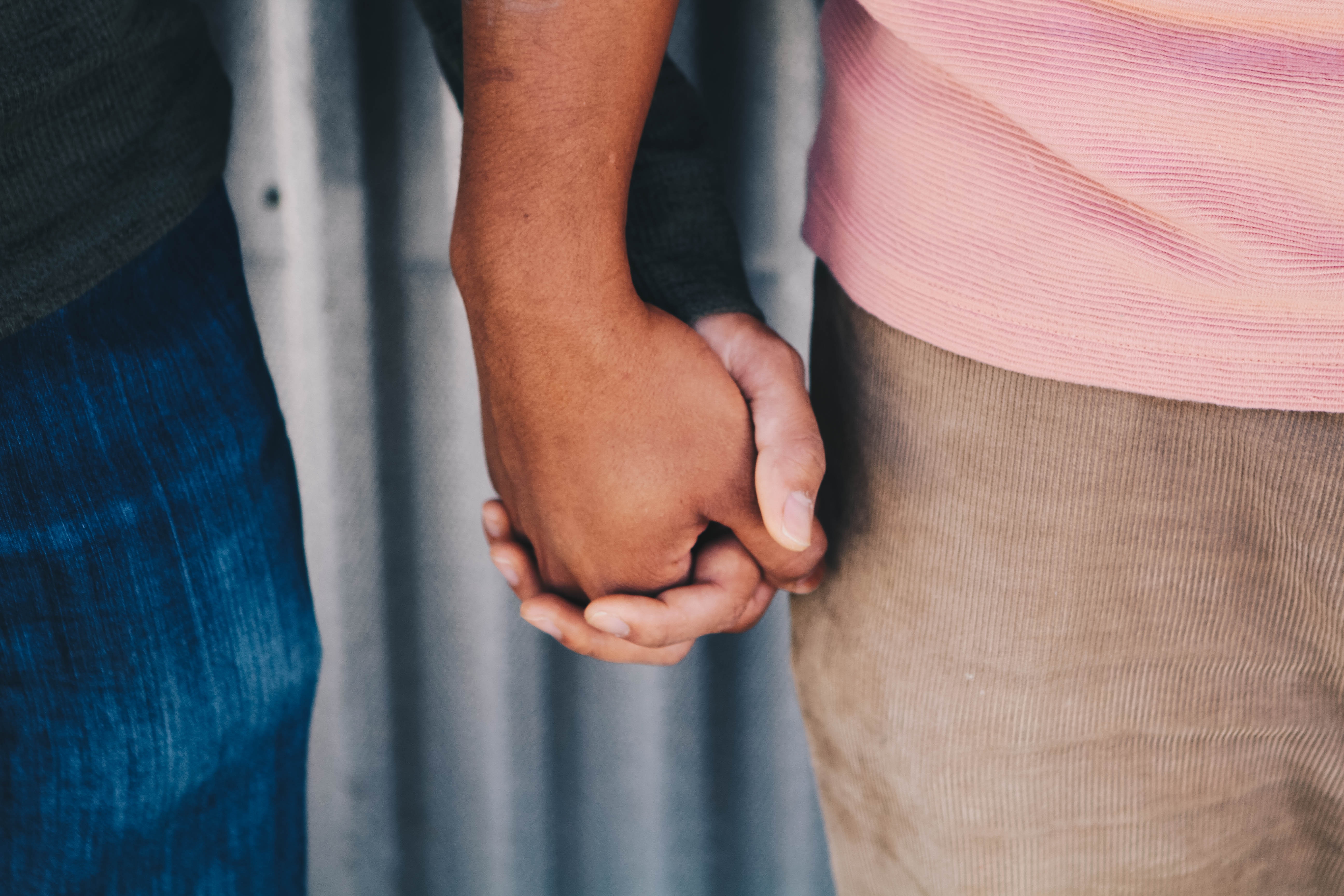How we frame things that happen in our lives can have a significant impact on the experience itself, and the way our patterns play out in the greater scheme.
When significant relationships end, the common cultural perspective is that something has failed. What if we didn’t look at it through the lens of a pass/fail mentality? What would that make space for? Failure is a potent and immobilizing concept that can affect us in all areas of life. It can show up as a sneaky background program in our minds that impacts how much we grow from our experiences, or whether we grow from them at all.
We have been trained to believe that there is one measure for a successful relationship, which is longevity. When people marry early and stay together until their dying days, we see this as a success without knowing any more about the relationship itself. I’m sure I don’t need to break down to too fine a point why this is a poor measure of success – what if this couple has endured decades of eye-rolling, emotional distance, and apathy? What if they abandoned their passions or sense of life purpose in order to maintain the longevity of the relationship?
So if longevity isn’t a good stand-alone measure of a successful relationship, what is?
For this answer, I think we need to consider our primary values in life. Of course, this will look a bit different for everyone but there are likely some common themes.
Enjoying your passions, growing and gaining understanding of your inner self, experiencing success and balance, and seeing and being seen by someone we love, are all common core values and can be used as a touch stone of sorts when we’re considering the success of a relationship that has ended. (If that sounds like a contradiction of terms, stay with me.)
If you choose to, you can consider the relationships that have ended to have been a success.
Relationships end for many reasons. Sometimes the timing just doesn’t line up, or people are on journeys that simply aren’t complementary. Perhaps a catastrophic betrayal has taken place, or perhaps the dynamic was unsafe for one of the people within it.

We cannot effect change to the stories that sit behind us, but how we frame the things that have happened can have a significant impact on the experience itself, and the way our patterns play out in the future.
When the dust begins to settle after the initial upheaval of the end of a relationship, the first thing to ask yourself is why this relationship ended. It’s important to understand this so that you can begin to identify how your experience will serve you moving forward.
Were all of your needs being met? Did you feel respected, inspired, and called to be your best self? Were you safe? Was there room for your dreams? Would your former partner have been able to answer ‘yes’ to all of these questions? Chances are good that if you could both answer ‘yes’ to these questions, the relationship would still be intact. So, understanding where the gaps were will create the framework for shifting rather than repeating this relationship pattern.
Next you’ll want to take a look at what your relationship pattern is. When you look at your past relationships, there are a few common patterns that you may see emerge. Let’s break these down:
I have a ‘type’, and this type is no good for me!
If you reflect on your relationship and realise the gaps you identified were the same gaps you notice when you look at other previous relationships, you may be drawn to something in these people that can be a flag for some important inner work. (Counsellors and Coaches are amazing resources to help you navigate this process!)
If your relationships consistently leave you feeling undervalued, or you are consistently drawn to partners who are critical or unkind, for example, this may be an indicator that a deep pain from your past is haunting you. We try to reconcile our painful experiences by finding similar circumstances with new people, and hoping that they play out differently. When this motive is sub-conscious, it’s easy to get into the same relationship with different people over and over, and to feel left wondering why we’re such gluttons for punishment.
I keep getting excited about people because of what they aren’t.
We are creatures naturally wired to seek well-being. If you’ve been in a relationship that has caused you a particular type of pain, without realising it you may find yourself drawn to someone who possesses opposite characteristics in that area.
So for example, if you were in a sex-starved relationship that caused a great deal of emotional pain, you may move on to connect with someone with strong sexual compatibility. For some time, this may be enough to sustain you as you refill your parched cup, but then important incompatibilities may emerge. Perhaps this new person is really unreliable and leaves you feeling emotionally insecure. When this relationship ends, you may connect with someone who is incredibly reliable and provides security, but over time new irreconcilable issues may come to light.
This is a reactionary relationship pattern and can be difficult to recognise when you’re in it. Rather than connecting fully with a person for all that they are, the connection serves as a tool to recover from past damage.
I’m always getting into my next relationship right away.
I once heard a saying that encapsulated this particular relationship pattern (though the saying I heard was maddeningly sexist and so I’ll refrain from repeating it directly). It referred to a tendency for people not to jump unless they had a soft place to land.
The tendency to jump from one relationship to the next without any breathing room in between could be a sign that the relationships are acting as a distraction. Whatever people use as distractions in life (it can be relationships, work, sex, alcohol, social media…), it’s good to become aware of the desire to be distracted.

How do these patterns help us see success in past relationships?
Every single one of our experiences can teach us valuable things about ourselves if we allow it. When we focus on the information held in the choices we make, we move away from a space of judgment and into a mindset of growth and opportunity.
If you can look back at the relationships you’ve had which have ended and see the themes that emerge or identify core needs that haven’t been met, you begin to understand what’s most important to you. This can come in the form of personal growth work – an invaluable practice in life – or identifying traits, characteristics, and experiences that are the most important in new partnerships that come along.
From our relationships that end, we can learn what we’re drawn to and how that aligns (or not) with the way we want to live. We can appreciate that when we’ve extended ourselves into the fray of complex human experience, we are allowing ourselves to live. Henry Ford said “The only real mistake is the one from which we learn nothing.”
Our relationships which have ended haven’t failed. They have offered experience, information, and fertile ground for learning and building more satisfying and nourishing relationships in the future. Till the earth, plant your seeds here, and grow a beautiful garden for your future.


